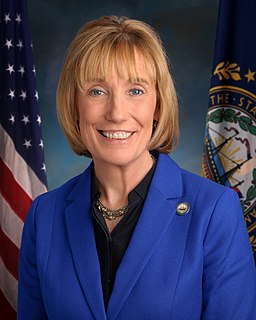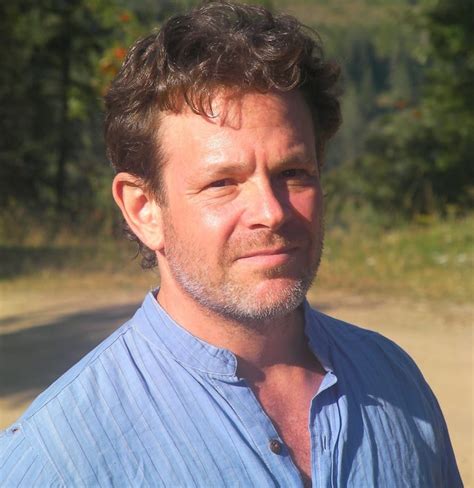A Quote by Nina Easton
In the new economy, we all have to be entrepreneurs with our own lives - with all the rewards and risks and, yes, anxieties that entails.
Related Quotes
When we love something, emotion often drives our actions. This is the gift and the challenge entrepreneurs face every day. The companies we dream of and build from scratch are part of us and intensely personal. They are our families. Our lives. But the entrepreneurial journey is not for everyone. Yes, the highs are high and the rewards can be thrilling. But the lows can break your heart. Entrepreneurs must love what they do to such a degree that doing it is worth sacrifice and, at times, pain. But doing anything else, we think, would be unimaginable
In the next century, we will be inventing radical new technologies - machine intelligence, perhaps nanotech, great advances in synthetic biology and other things we haven't even thought of yet. And those new powers will unlock wonderful opportunities, but they might also bring with them certain risks. And we have no track record of surviving those risks. So if there are big existential risks, I think they are going to come from our own activities and mostly from our own inventiveness and creativity.
If you get into entrepreneurshi p driven by profit, you are a lot more likely to fail. The entrepreneurs who succeed usually want to make a difference to people’s lives, not just their own bank balances. The desire to change things for the better is the motivation for taking risks and pursuing seemingly impossible business ideas.
There is much that public policy can do to support American entrepreneurs. Health insurance reform will make it easier for entrepreneurs to take a chance on a new business without putting their family's health at risk. Tort reform will make it easier to take prudent risks on new products in a number of sectors.
When large companies take on risk, then they impose risks on the rest of the system. And these are systemic risks and these systemic risks we never used to think were really that important, but as soon as we recognize how the financial sector - the risks the financial sector takes on can impact the entire global economy, we realize that those risks needed to be controlled for the social good.






























